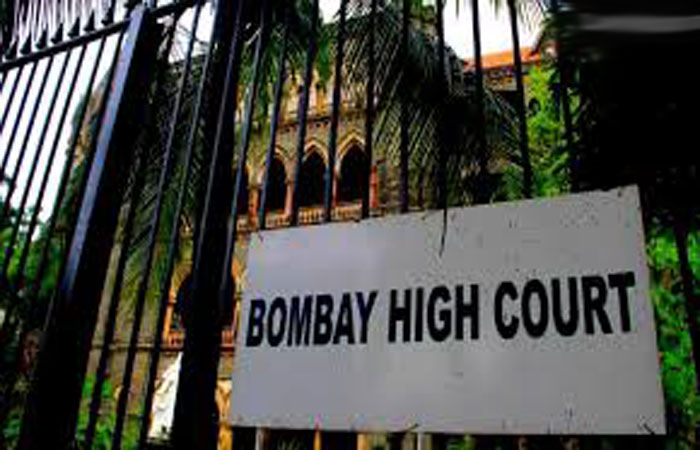
Mumbai: Pending order on an appeal filed by the Income Tax Department against Shri Sai Baba Sansthan Trust, Shirdi, the Bombay High Court on Wednesday said that the Income Tax Department cannot control the sentiment of devotees to make name donations to the temple.
The bench comprising Smt. Kulkarni and Justice Sundaresan reserved the order on the appeal filed by Commissioner of Income Tax (Exemptions). In the appeal, the IT department has challenged the order passed by the Income Tax Appellate Tribunal (ITAT) on October 25, 2023. In the order, the tribunal said that the trust is both charitable and religious and hence the trust is entitled to exemption from income tax on undisclosed donations received by it.
However, the IT department argued in the petition challenging the order that the trust is a charitable trust, not a religious trust. The total donations received till 2019 was Rs 400 crore, out of which only a meagre amount of Rs 2.30 crore has been used for religious purposes. Most of the amount has been used in educational institutions, hospitals, medical facilities, etc. This shows that the trust is charitable and not religious, argued advocate Dinesh Gulabani on behalf of the department.
However, the judge said it is said that Saibaba was an incarnation of Lord Dattatreya and hence people worshipped him. Therefore, all donations received by the trust are given out of faith, Ms Kulkarni observed.
The bench further drew attention to the judgment of former Chief Justice Ranesh Dhanuka, who, while dealing with the issue of management of trusts, had made it clear that at least the state government should leave the religious trusts alone.
If the court itself has made the trust a religious one, how can the department argue against it? Thousands of people visit the temple every day and donate. How can you control their faith? If a donor does not want to reveal his identity because he is donating for a religious purpose, what can you do? Many businessmen donate to pilgrimage sites including Shirdi every year. You cannot control the sentiments of devotees.
The trust argued through its counsel S. Ganeshji that we have charitable as well as philanthropic activities. We cannot say that we are charitable or religious or vice versa. We are both and hence we do so much charity. There is also an argument whether it is a Hindu deity or a Muslim deity. We can say that both Hindus and Muslims visit the temple daily. Here is a temple in which God is worshipped daily and then rituals are performed. So it is wrong to say that we are not a religious trust. After hearing brief arguments, the court reserved its decision.
According to the assessing officer, the trust received huge amounts of undeclared donations. This amount cannot be excluded from taxation. It was further argued that the trust is registered under the Income Tax Act and therefore, being charitable, enjoys tax exemption, although this benefit can be availed only if its religious expenditure does not exceed five per cent.
The case pertains to violation of the IT Act and alleged underspending on religious ceremonies.
 look news india
look news india
